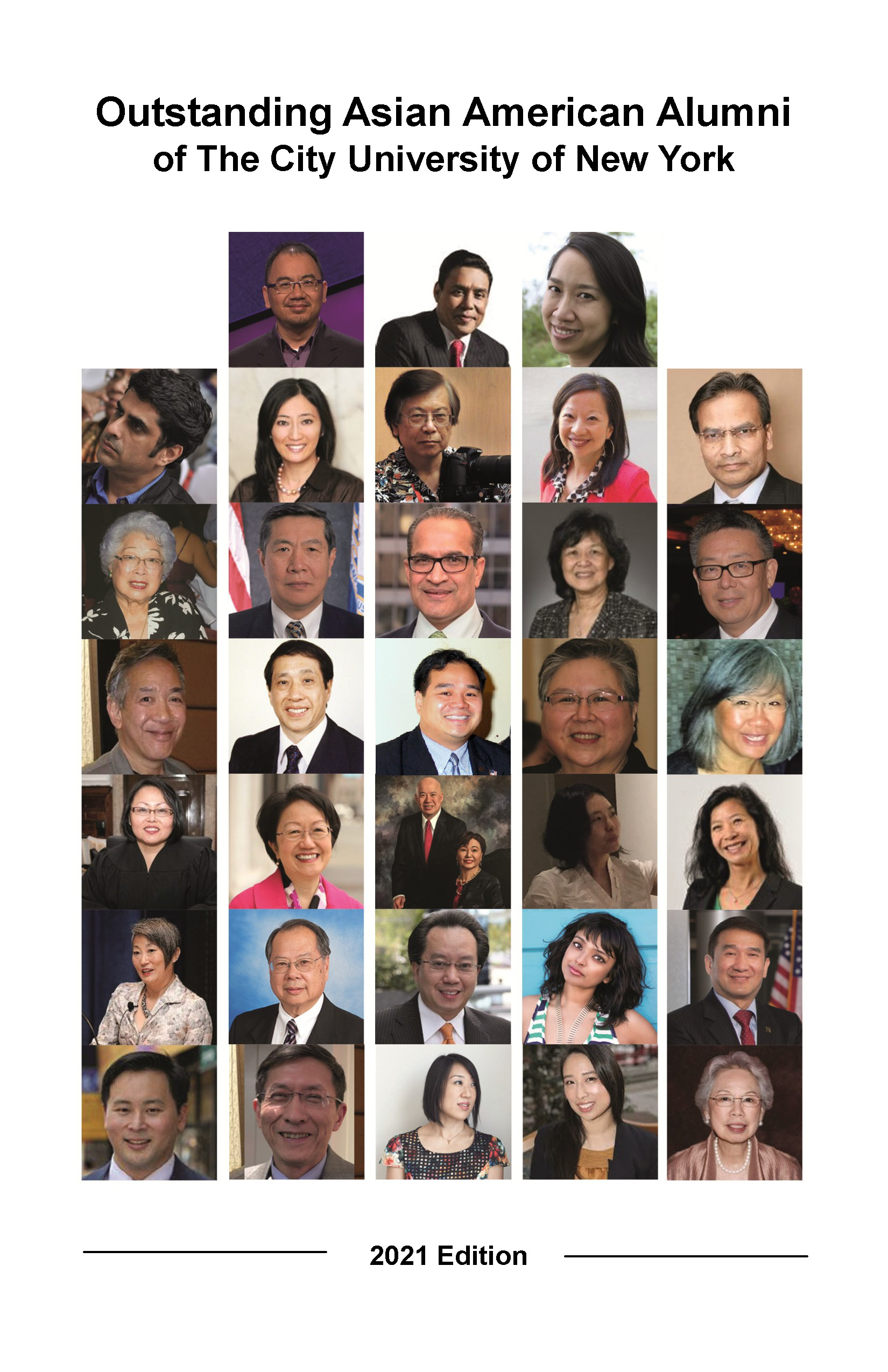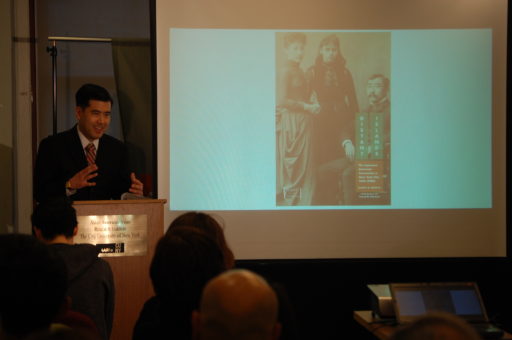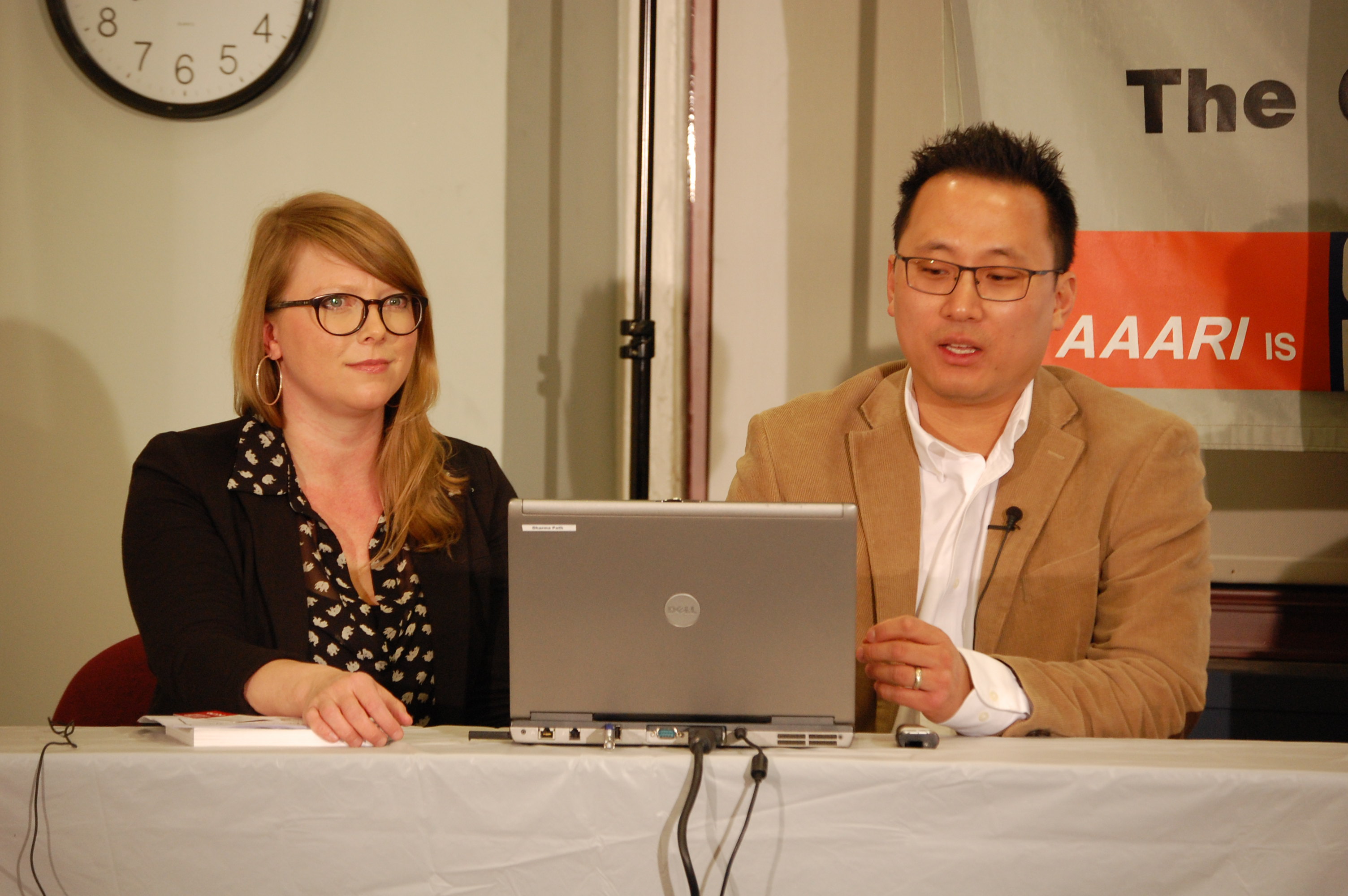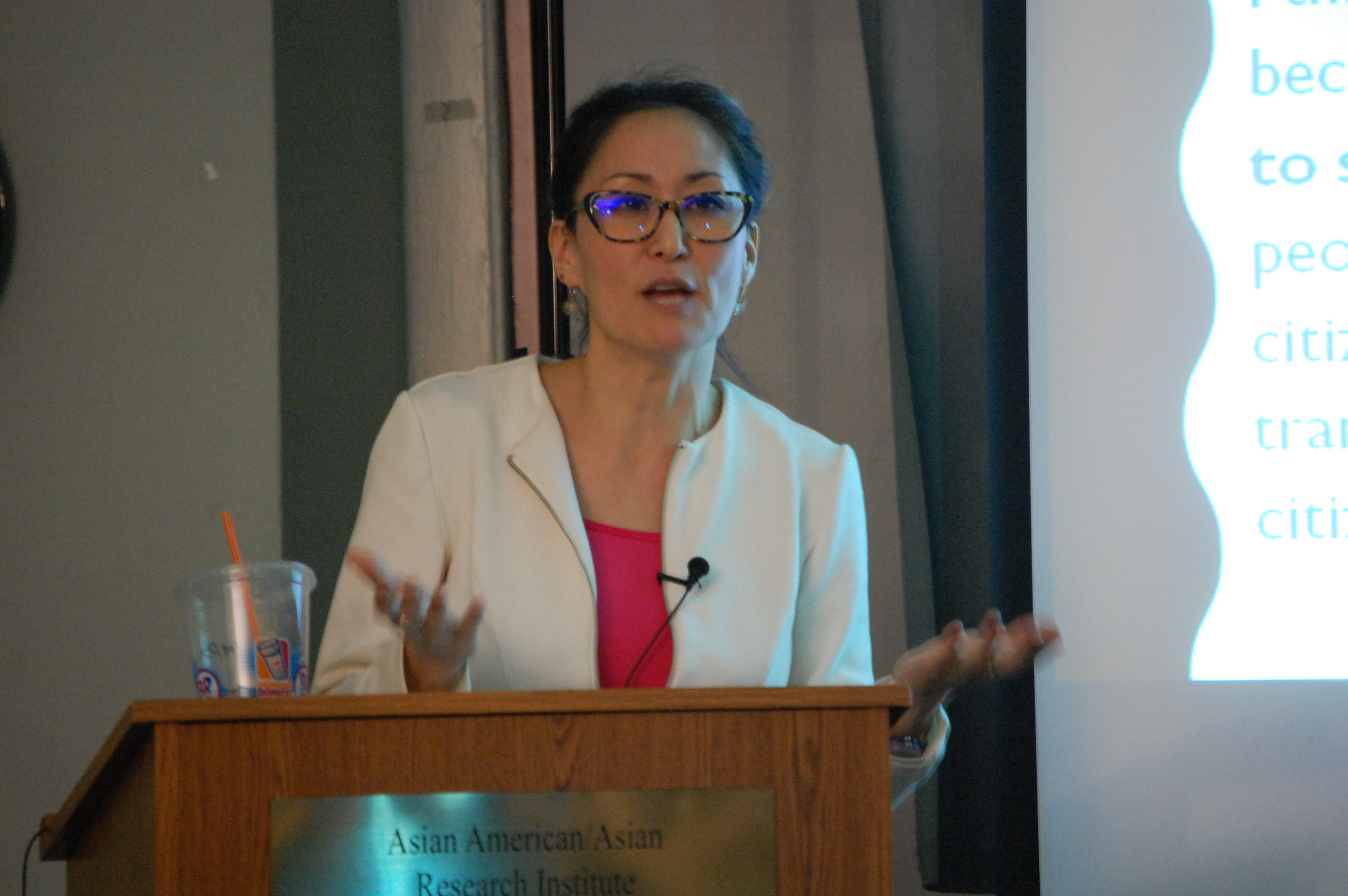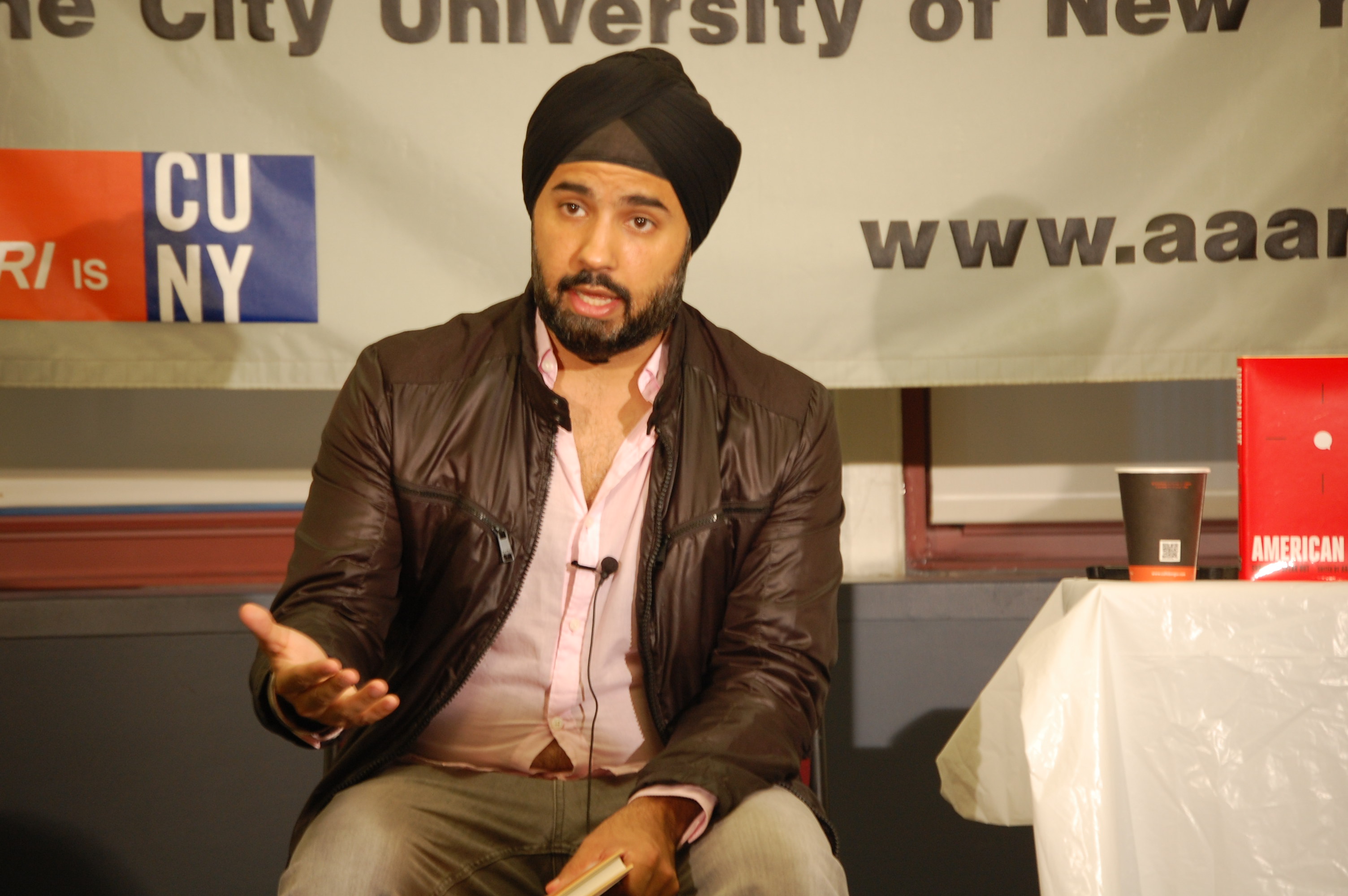Set within an all-too-real administrative imaginary of budget cuts, metric-laden assessments, programmatic justifications, and shrinking faculty lines, Ethnic Studies (along with Women’s, Gender, and Sexuality Studies) occupies a decidedly precarious position within the so-termed “corporate university.”If student strikes and Civil Rights movements instantiated the original institutionalization of ethnic studies as a necessary interdisciplinary field of inquiry, the current state of academic affairs reflects a long-standing neoconservative, laissez-faire “planned obsolescence” (to quickly access Kathleen Fitzpatrick’s provocative analytic). It is against this admittedly dystopic backdrop of planned obsolescence, which reflects and refracts the foci of Flashpoints for Asian American Studies (Fordham University Press 2017), that this presentation considers possible sites and administrative practices of strategic resistance.
Read more

